The 1990s
A project of mammoth proportions: German reunification with KfW
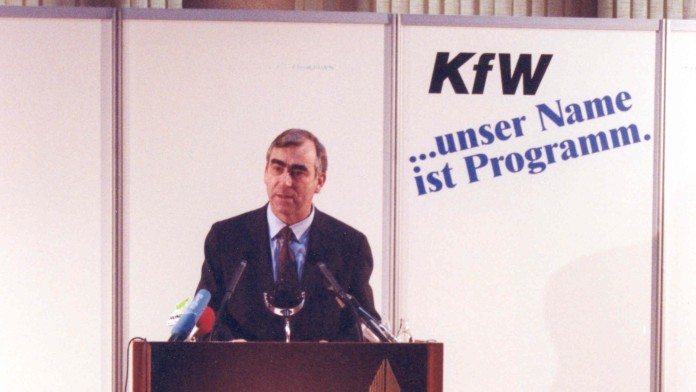
'Aufbau Ost' (reconstruction of the eastern Germany) – The largest promotional programme in Germany's history is a joint effort involving both KfW and Deutsche Ausgleichsbank (DtA), initially as separate institutions. By the mid-1990s, year by year some seventy percent of domestic economic support is being channelled into the new federal states.
Businesses, private individuals and municipalities receive KfW loans worth a total of around EUR 194 billion (as of 31 August 2015). A gigantic sum, if we take the support provided under the Marshall Plan as a benchmark: between 1949 and 1953, this amounted to an equivalent of EUR 1.7 billion.
From the Fall of the Berlin Wall to the German Unity
Housing renovation and modernisation
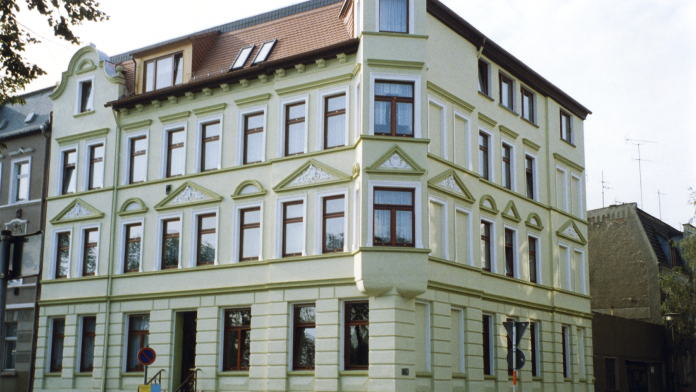
By 31 August 2015, low-cost KfW loans will have been used to improve almost 5 million homes in the new federal states – at least one in two of the homes that were standing in East Germany when the wall came down. In 1990, the peak year, 100,000 loans are extended in this business area alone. All in all that makes this the world's largest programme to promote housing renovation and modernisation.
Promoting SMEs in the new federal states
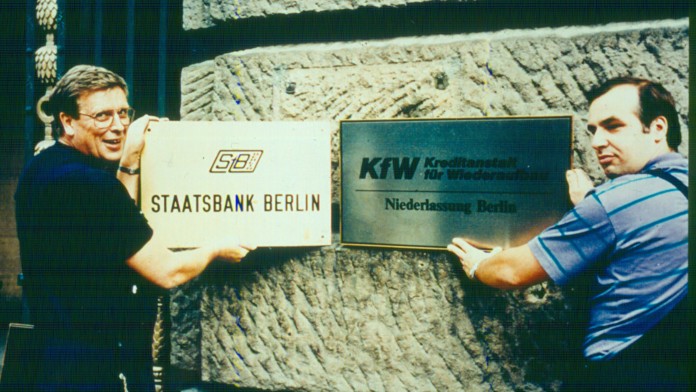
KfW's SME promotional activities focus on existing enterprises, while DtA focuses on start-ups. In the 1990s KfW mobilises a total of over EUR 50 billion to support the establishment and growth of the SME sector in the new federal states. As a result, 2.5 million jobs are created or secured in eastern Germany in the first eight years after the German reunification.
Housing for the Russian armed forces
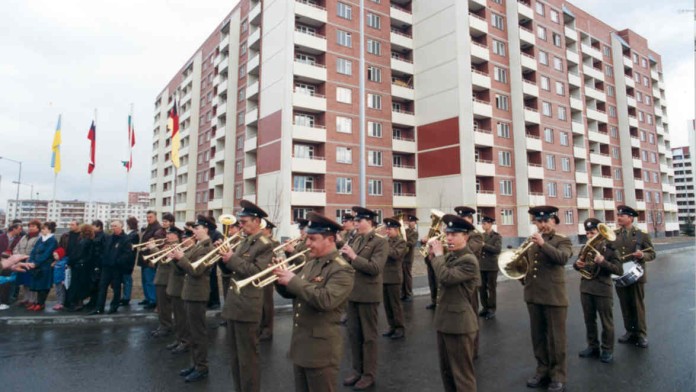
KfW's largest project partners at this time are the Russian armed forces. In 1991 the bank enters into a project financing arrangement with them worth the equivalent of a total of EUR 3.9 billion. Under this arrangement more than 45,000 apartments, including two housing construction Kombinate (state combines), are built in Russia – with the help of many German companies.
Globalisation creates fresh challenges for export financing
Export financing also faces new challenges created by globalisation. KfW's export and project finance activities respond to the new international division of labour with a dual strategy. The bank no longer promotes only investment by German companies abroad. Increasingly, it also promotes investment by foreign companies in Germany.
Development policy: providing support while making demands
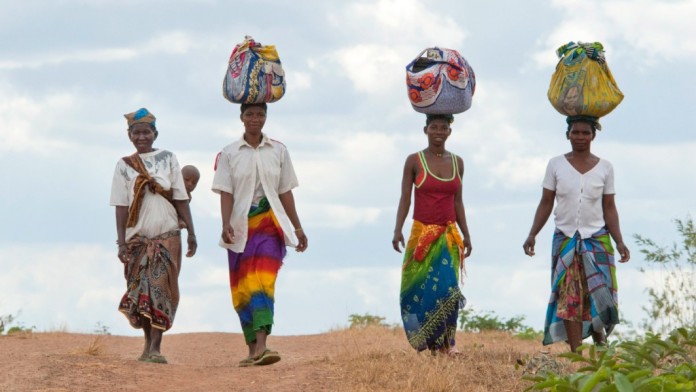
The end of the Cold War ushers in a reorientation of development policy. Donor countries now aim to provide support while making demands. This means developing countries are now expected to make a bigger contribution of their own, demonstrate a will to reform and practice good governance. New partners in Central Asia and especially new methods reflect this reorientation of Financial Cooperation. Environmental protection and resource conservation become firmly embedded in promotional thinking. Environmental projects, but also birth control measures for instance, are increasingly shaping the agenda.
Composite financing

From 1994 onward composite financing, an ingenious blend of low-interest budget funds and KfW capital market funds, enables KfW to broaden its financing base. Composite financing arrangements are particularly suited to large-scale transport and energy projects in advanced developing countries.
Transition programme for Central and Eastern Europe

The lessons learned by KfW in Financial Cooperation are put to good use in advisory programmes for the Central and Eastern European countries. In 1992 the Federal Government approves an overall strategy for advisory services in these countries, and appoints KfW as its authorised representative. Under the Transform programme KfW evaluates, coordinates and monitors the advisors assigned. At the same time, though, it also delivers advisory services itself on the establishment of promotional banks in the countries concerned. KfW advises no fewer than 14 transition countries on establishing their promotional banks. As a result, many begin their work with refinancing loans from KfW.
Chronicle
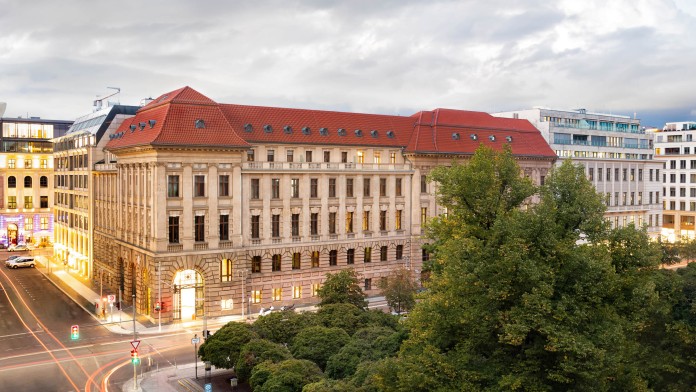
1990
- Reconstruction financing launched in eastern Germany while the GDR still existed; this involved the ERP modernisation programme for SMEs and the KfW kick-start programme for GDR enterprises still under public ownership. Further programmes follow.
- Loan support to the Soviet Union (USSR) and Poland.
1991
- KfW mandated to 'support the implementation of infrastructure projects in the new federal states'.
1992
- Mandatory agreement between KfW and the Federal Ministry of Economics (BMWi) to coordinate the delivery of Germany's economic advisory services to the Central and Eastern European countries and the New Independent States (former Soviet Union Republics).
1993
- Mandate to finance banking, stock-market and insurance activities in the fledgling democracies.
1994
- Amendment of the Law concerning KfW.
- Merger of the Berlin State Bank with the KfW
1998
- The 6th Amendment of the German Banking Act (KWG) equates KfW legally with the Federal Government as a borrower; the Federal Government assumes legal liability for loans taken out by KfW.

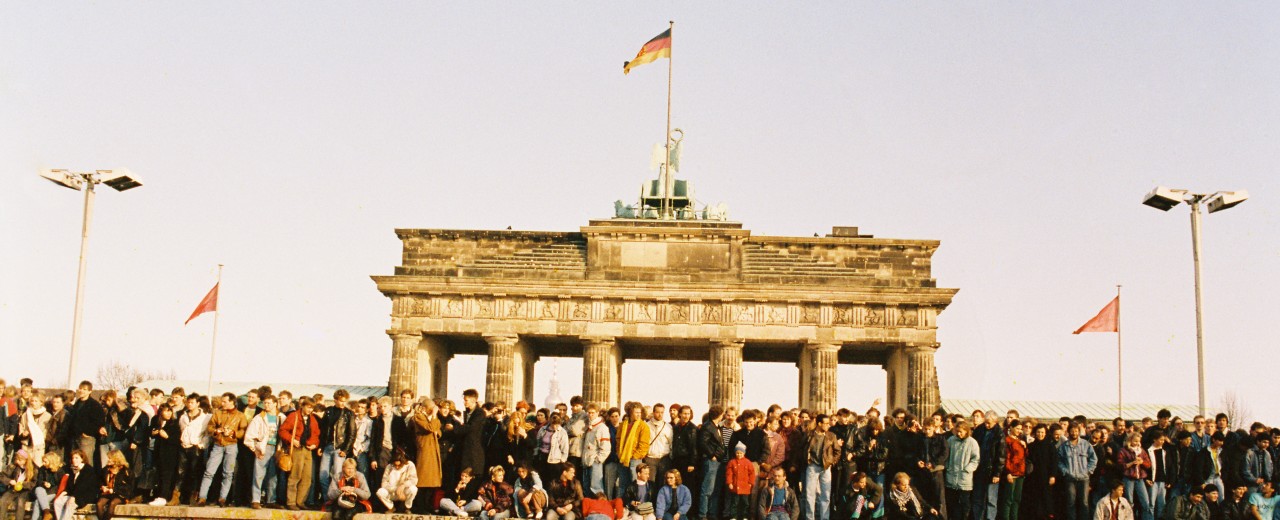
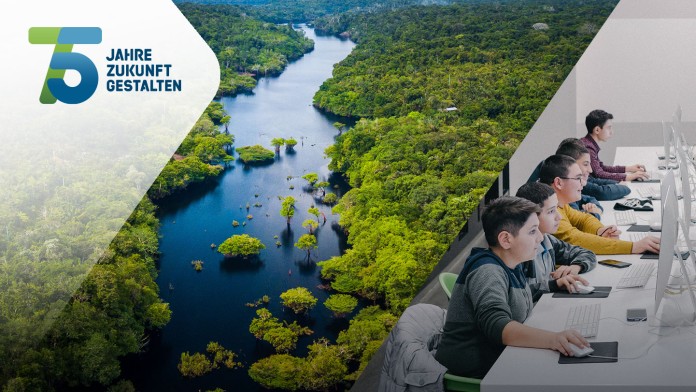
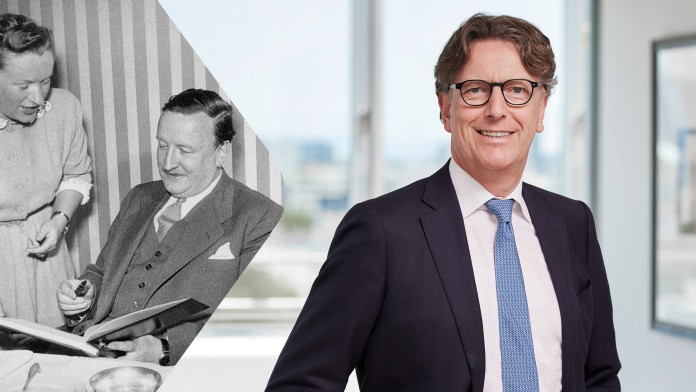
Data protection principles
Privacy information
Alternatively, you can also copy the short link: kfw.de/s/enkBbiBw
Copy link Link copied